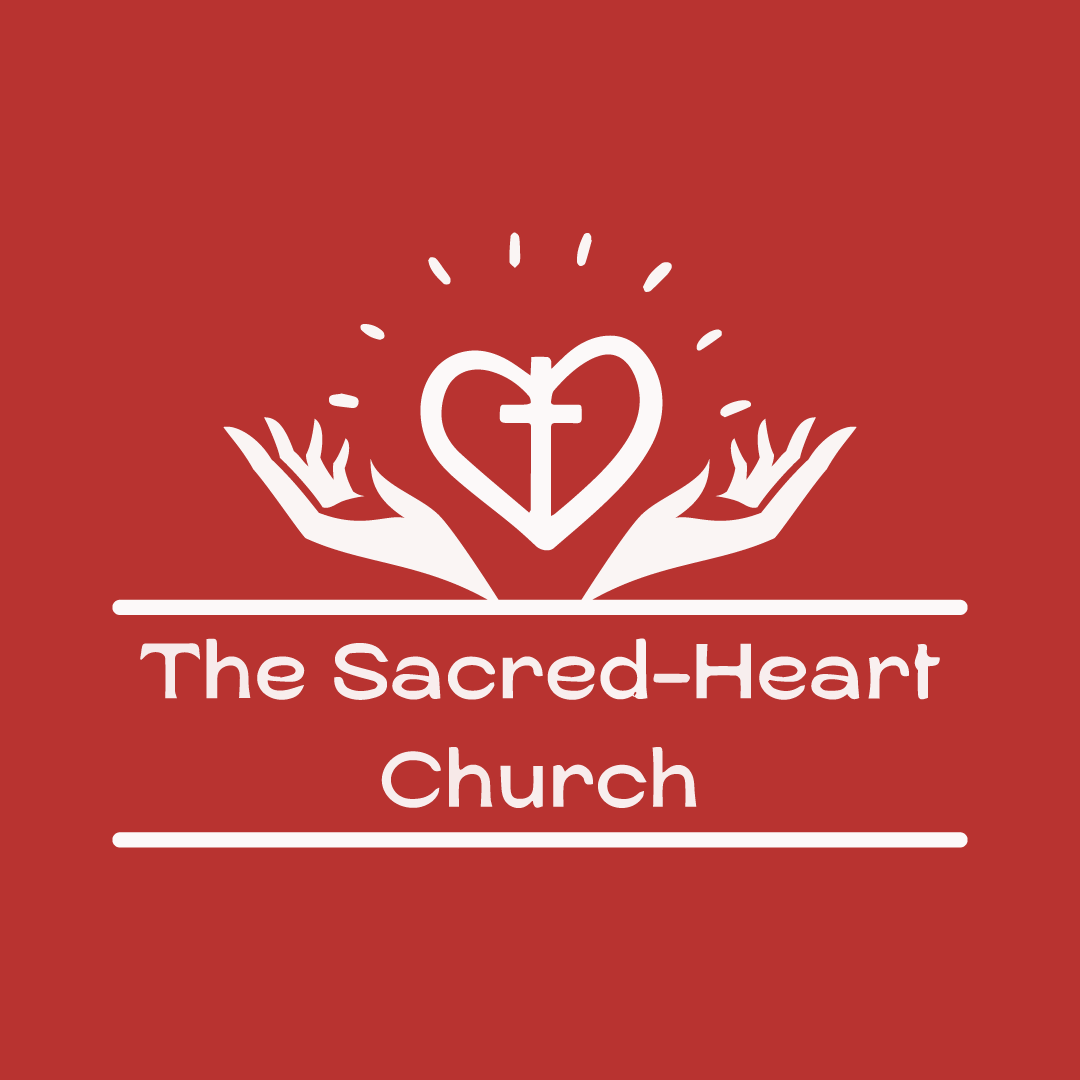When it comes to navigating the complexities of mental health, having access to reliable and comprehensive resources can be a lifesaver. With the stigma surrounding mental illness slowly fading away, more people than ever before are seeking out support and guidance to manage their mental wellbeing. However, finding trustworthy resources can be overwhelming, especially for those who may not know where to start.

Mental Health Resources
We understand that navigating mental health can be challenging, which is why we’ve compiled a list of trusted resources to support you.
- Centers for Disease Control and Prevention (CDC) provides valuable information on mental health topics, including anxiety, depression, and trauma.
- For immediate assistance, visit Find Treatment, a confidential and anonymous resource for finding mental health treatment in the US and its territories.
- Contact SAMHSA’s National Helpline at 1-800-662-HELP (4357) or text your 5-digit ZIP code to 435748 for support.
- The Substance Abuse and Mental Health Services Administration (SAMHSA) offers a wealth of information on mental health conditions, treatments, and recovery resources.
- The National Alliance on Mental Illness (NAMI) provides education, advocacy, and support for individuals and families affected by mental illness.
- The American Psychological Association (APA) offers a directory of licensed psychologists, as well as resources on mental health topics and research.
- The World Health Organization (WHO) provides global mental health resources, including guidelines, reports, and statistics.
- The National Institute of Mental Health (NIMH) conducts research and provides information on mental health conditions, treatments, and prevention strategies.
- The Crisis Text Line is a free, 24/7 text messaging service that connects you with trained crisis counselors.
- The National Suicide Prevention Lifeline is a 24/7 hotline that provides support and resources for individuals in crisis.
We’re committed to supporting your mental health journey. If you’re struggling, please don’t hesitate to reach out to these resources for help.
The 5 Cs of Mental Health
We believe that understanding the 5 Cs of mental health is crucial for our community’s well-being.
- Competence: Feeling capable and effective in handling life’s challenges is essential for mental health. At The Sacred Heart Church, we offer various programs and workshops to help individuals develop skills and confidence.
- Confidence: Having a positive sense of self-worth and self-efficacy is vital for mental health. We encourage our members to participate in activities that promote self-esteem and self-confidence, such as volunteering and community service.
- Character: Developing good character traits, such as empathy, kindness, and respect, is essential for building strong relationships and a positive mental state. Our church promotes values-based education and encourages members to engage in acts of kindness and charity.
- Caring: Practicing self-care and showing care for others is critical for mental health. We offer support groups and counseling services to help individuals cope with stress, anxiety, and other mental health concerns.
- Connection: Building and maintaining social connections is essential for mental health. Our church provides opportunities for members to connect with others through various events, groups, and activities.
By focusing on these 5 Cs, we aim to create a supportive community that promotes mental wellness and overall well-being.
Additional Resources:
Get Involved:
Join us at The Sacred Heart Church to learn more about the 5 Cs of mental health and how you can get involved in our community’s efforts to promote mental wellness.

What Can NAMI Help Me With?
NAMI provides advocacy, education, support, and public awareness to help individuals and families affected by mental illness build better lives.
- Advocacy: NAMI advocates for policies and laws that promote mental health and wellness, reducing stigma and increasing access to care.
- Education: NAMI offers educational programs, workshops, and online courses to teach people about mental health conditions, treatment options, and recovery strategies.
- Support: NAMI provides support groups, peer-to-peer connections, and online communities to help individuals and families cope with mental health challenges.
- Public Awareness: NAMI raises awareness about mental health issues through campaigns, events, and media outreach, promoting understanding and acceptance.
We strive to create a society that values mental health and well-being, where everyone has access to quality care and support. Our work is guided by our core values of compassion, respect, and inclusivity.
How Does NAMI Support Mental Health?
- NAMI Helpline: A free, confidential helpline providing emotional support and connecting callers with local resources and services.
- NAMI Online Communities: Online forums and discussion groups for people living with mental health conditions, their family members, and caregivers.
- NAMI Education Programs: Workshops, classes, and online courses teaching people about mental health conditions, treatment options, and recovery strategies.
- NAMI Advocacy Efforts: Policy changes, legislation, and grassroots activism promoting mental health and wellness.
Get Involved with NAMI
Join us in our mission to improve mental health outcomes and reduce stigma. Volunteer, donate, or participate in our events to make a difference in your community.

The Hardest Mental Illness to Treat
As someone who cares deeply about the well-being of our community, I want to shed light on a complex and often misunderstood topic: the hardest mental illnesses to treat.
- Complex Post-Traumatic Stress Disorder (CPTSD): CPTSD is a condition that arises from prolonged exposure to trauma, leading to difficulties in regulating emotions, forming relationships, and managing daily life.
- Schizoaffective Disorder: This condition combines symptoms of schizophrenia and a mood disorder, making it challenging to diagnose and treat due to its unpredictable nature.
- Bipolar Disorder Type II: Characterized by depressive episodes and hypomanic episodes, Bipolar Disorder Type II requires careful management to prevent relapse and minimize treatment resistance.
- Obsessive-Compulsive Personality Disorder (OCPD): OCPD involves a pervasive pattern of preoccupation with orderliness, perfectionism, and control, which can lead to significant distress and impairment in social and occupational functioning.
- Antisocial Personality Disorder: This condition is marked by a lack of empathy, impulsivity, and a tendency to engage in manipulative behavior, making it difficult to establish trust and effective treatment relationships.
While these conditions present unique challenges, it’s essential to remember that every individual’s journey with mental health is distinct, and what works for one person may not work for another.
Treatment Approaches
- Cognitive-Behavioral Therapy (CBT): A helpful approach in addressing distorted thinking patterns and behaviors associated with various mental health conditions.
- Dialectical Behavior Therapy (DBT): Developed specifically for treating borderline personality disorder, DBT focuses on developing emotional regulation skills and improving relationships.
- Mindfulness-Based Interventions: Mindfulness techniques can aid in reducing stress, anxiety, and depression symptoms by increasing self-awareness and promoting relaxation.
- Medications: Antidepressants, antipsychotics, and mood stabilizers can be effective in managing symptoms of various mental health conditions, but their use should always be carefully monitored and adjusted under the guidance of a qualified healthcare professional.
Seeking Help
If you or someone you know is struggling with a mental health condition, please don’t hesitate to reach out to a trusted healthcare provider or a mental health professional for support.
We understand that seeking help can be daunting, but taking the first step towards healing is a courageous act that deserves recognition and respect.
At The Sacred Heart Church, we’re committed to providing a safe and non-judgmental space for individuals to explore their mental health concerns and find the support they need to thrive.
The Most Diagnosed Mental Disorder
We understand that mental health is just as important as physical health, which is why we want to shed light on the most diagnosed mental disorder.
- Anxiety disorders are the most commonly diagnosed mental health condition in the United States, affecting approximately 40 million adults aged 18 and older.
- Anxiety disorders cause people to experience distressing and frequent fear and apprehension, making everyday tasks challenging.
- According to recent studies, anxiety disorders have become increasingly prevalent due to various factors, including social media usage, work-related stress, and financial pressures.
- As a result, it’s essential to recognize the signs and symptoms of anxiety disorders and seek professional help if needed.
Treatment Options for Anxiety Disorders
Fortunately, there are effective treatment options available for anxiety disorders, including:
- Cognitive-behavioral therapy (CBT): A type of psychotherapy that helps individuals identify and change negative thought patterns and behaviors.
- Medications: Such as selective serotonin reuptake inhibitors (SSRIs), which can help alleviate symptoms of anxiety.
- Lifestyle changes: Engaging in regular exercise, practicing relaxation techniques, and maintaining a healthy sleep schedule can also help manage anxiety.
Seeking Help and Support
If you or someone you know is struggling with anxiety disorders, don’t hesitate to reach out for help. Our team at The Sacred Heart Church is committed to providing a safe and supportive environment for individuals to discuss their concerns and receive guidance.
Remember, seeking help is a sign of strength, and there is hope for recovery and healing.

What Does a BPD Meltdown Look Like?
A Borderline Personality Disorder (BPD) meltdown is a state of intense emotional dysregulation characterized by extreme mood swings, impulsivity, and difficulty calming down.
- Triggers: Stress, rejection, or perceived abandonment can trigger a BPD meltdown.
- Symptoms: People experiencing a BPD meltdown may exhibit intense anger, anxiety, depression, self-destructive behaviors, and suicidal thoughts.
- Behavioral Changes: Individuals may become increasingly agitated, irritable, and withdrawn during a meltdown, leading to strained relationships and impaired daily functioning.
During a BPD meltdown, individuals may engage in impulsive behaviors, such as substance abuse, reckless spending, or promiscuity, as a coping mechanism to manage their emotions.
- Emotional Intensity: A BPD meltdown is marked by intense emotional experiences, which can be overwhelming and difficult to regulate.
- Lack of Emotional Control: Individuals struggling with BPD may have difficulty managing their emotions, leading to explosive outbursts and destructive behavior.
- Difficulty Calming Down: People experiencing a BPD meltdown often struggle to calm down and return to a stable emotional state.
It’s essential to approach someone experiencing a BPD meltdown with empathy, understanding, and patience. By providing a safe and supportive environment, we can help individuals develop healthier coping mechanisms and work towards emotional regulation.
We understand that living with BPD can be challenging, and our community is here to offer support and guidance. If you’re struggling with BPD or know someone who is, please don’t hesitate to reach out to us for help and resources.

0 Comments